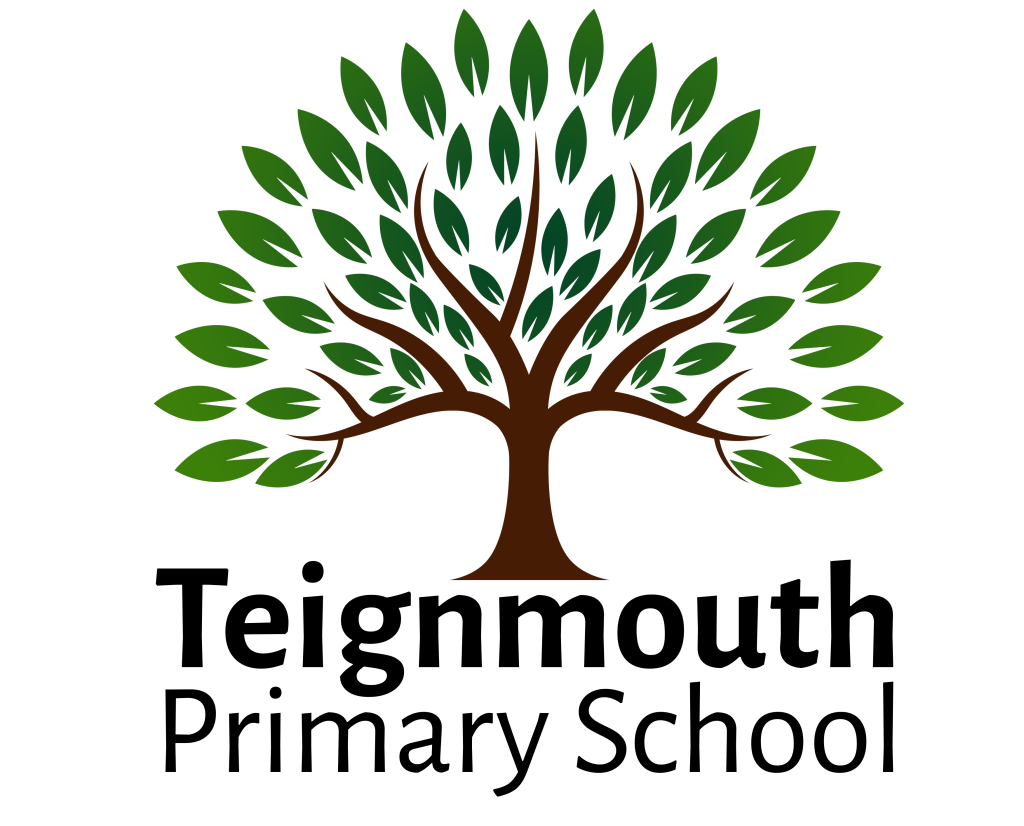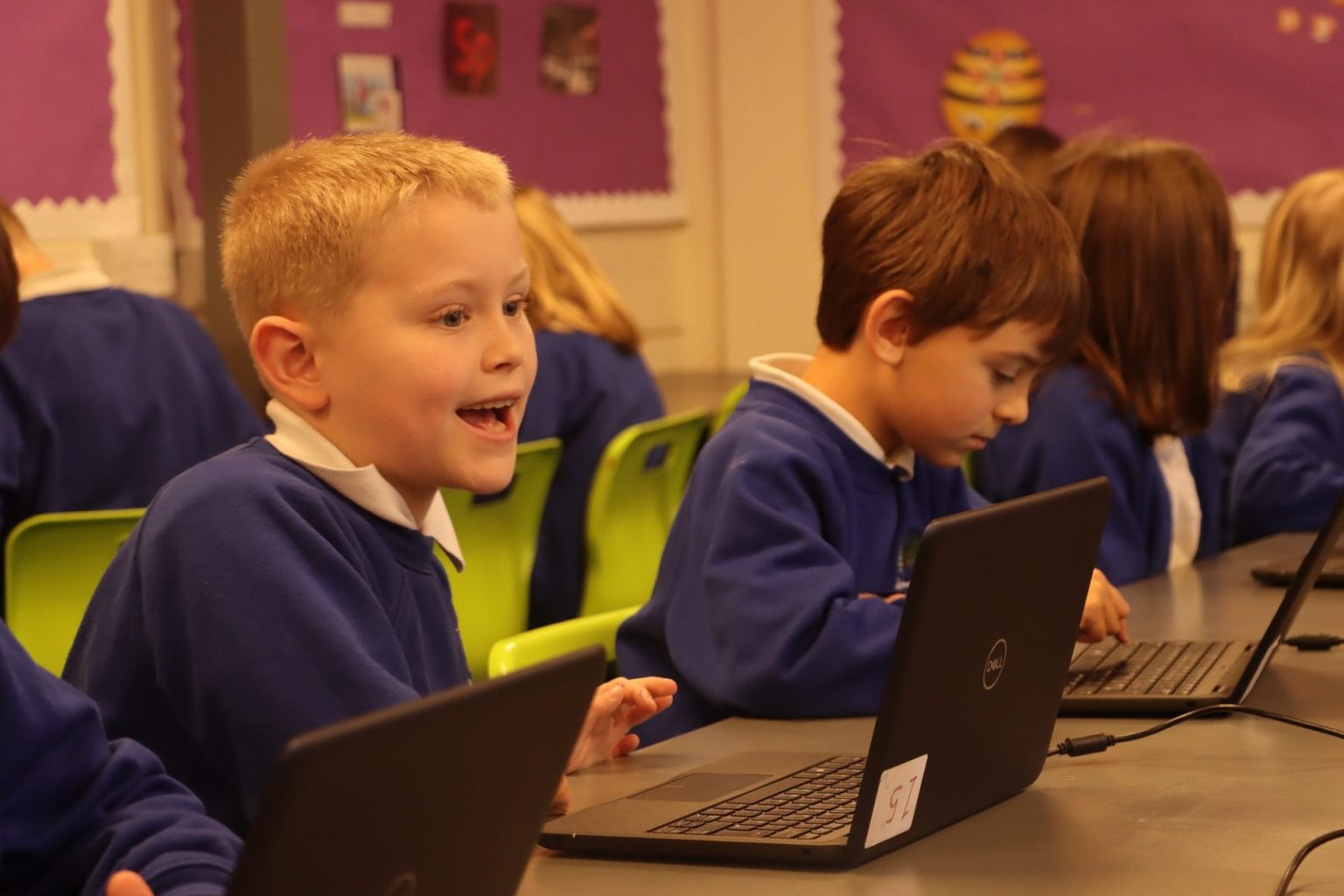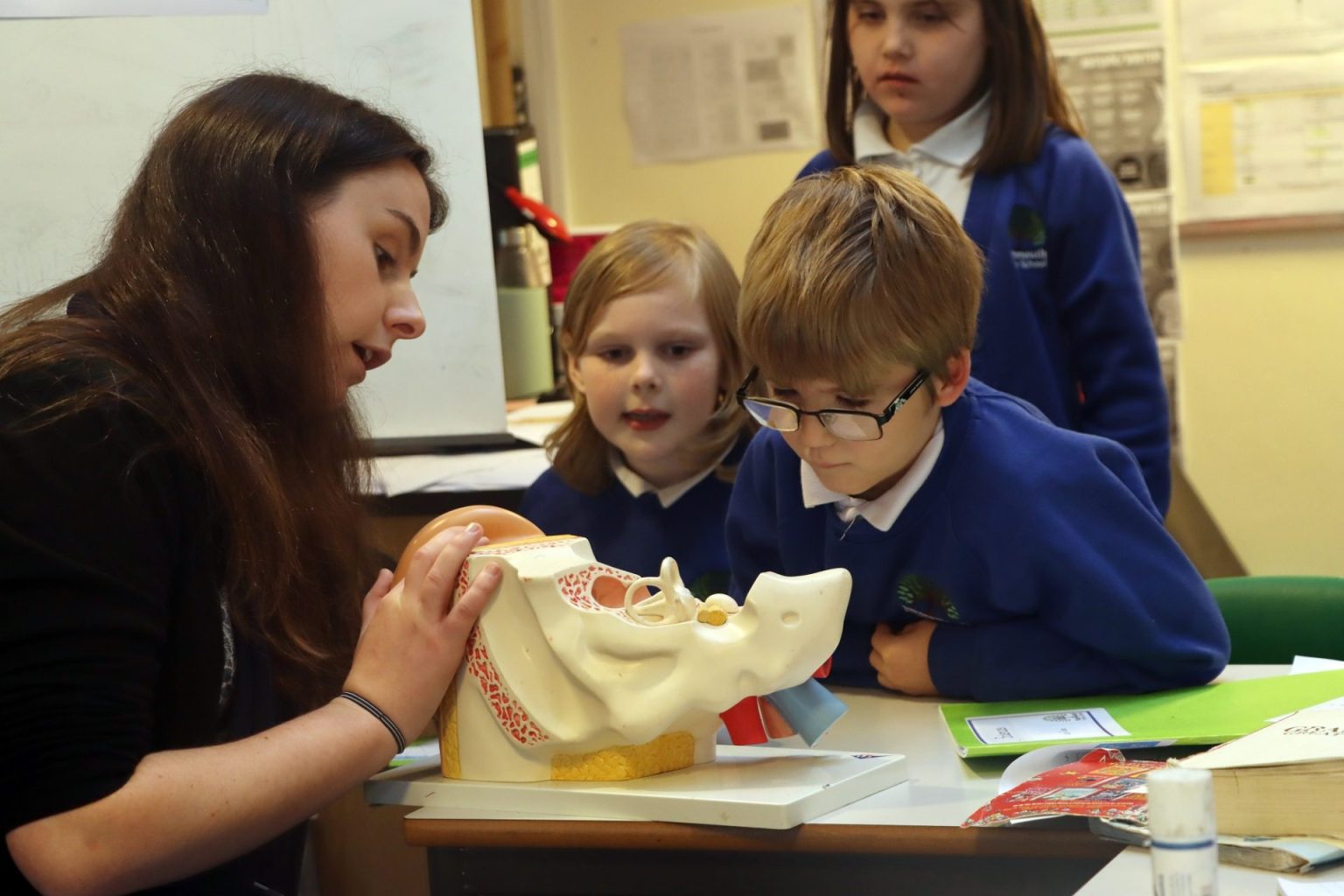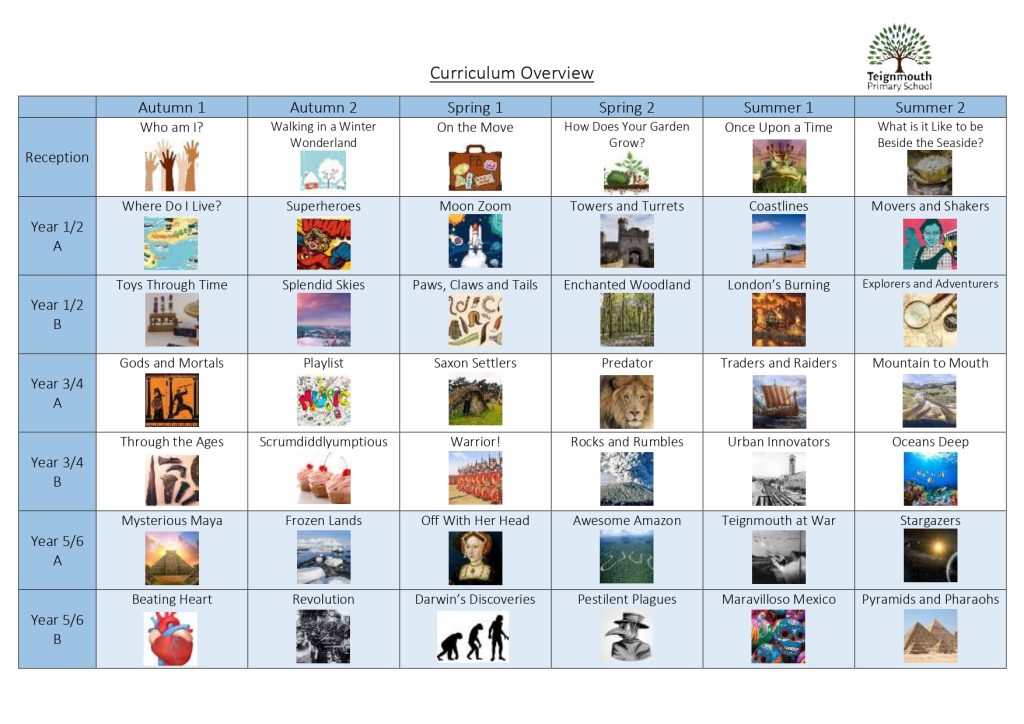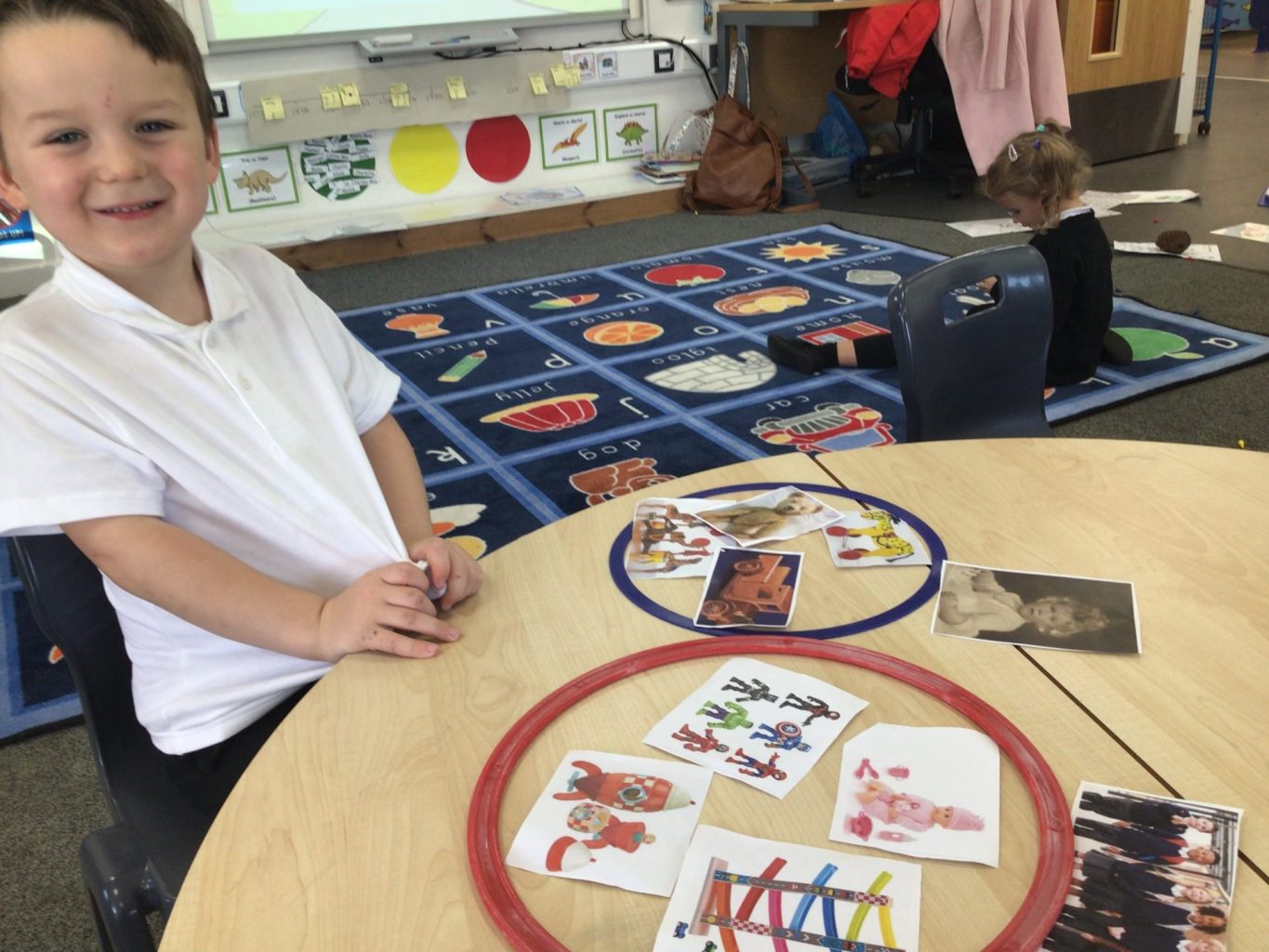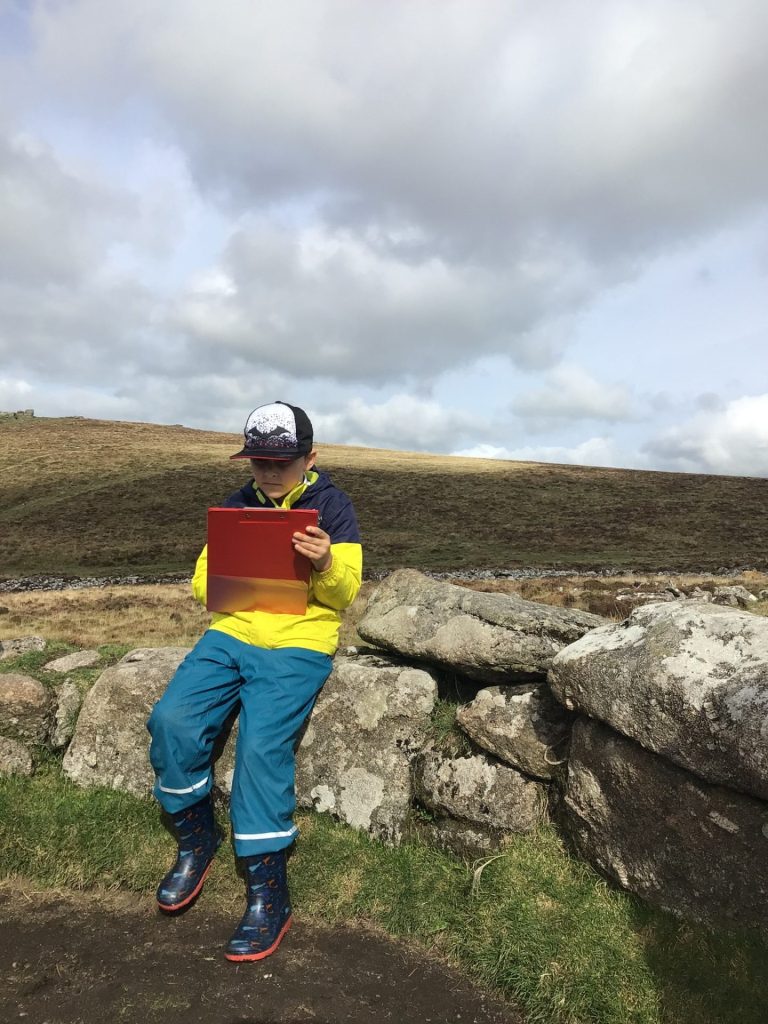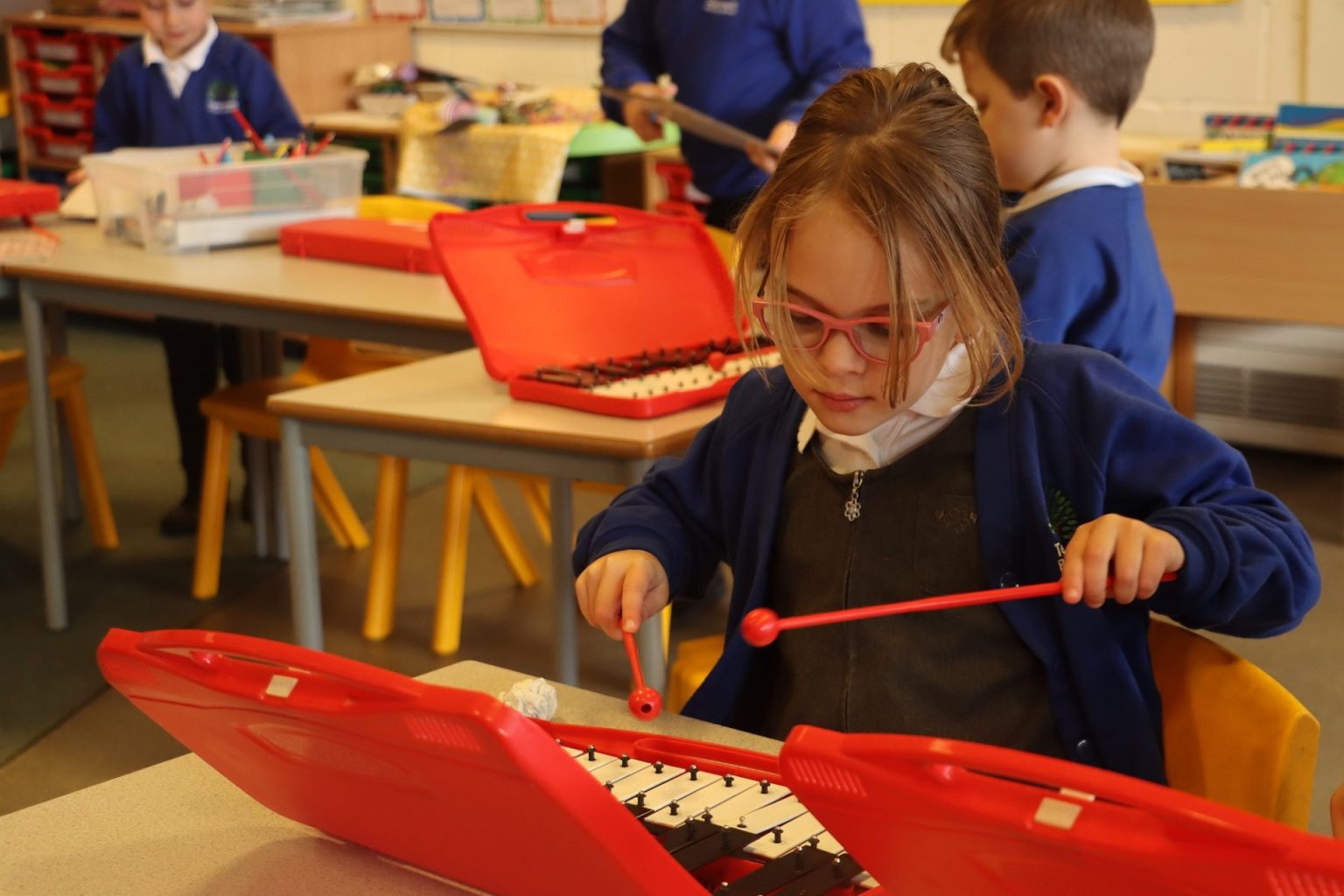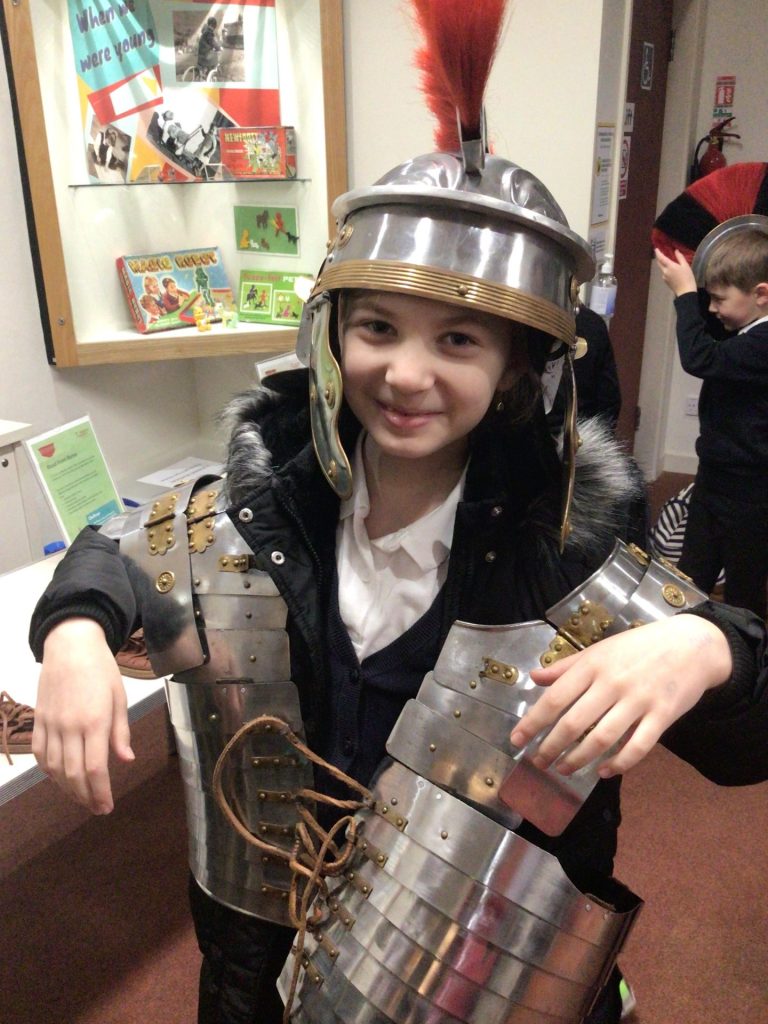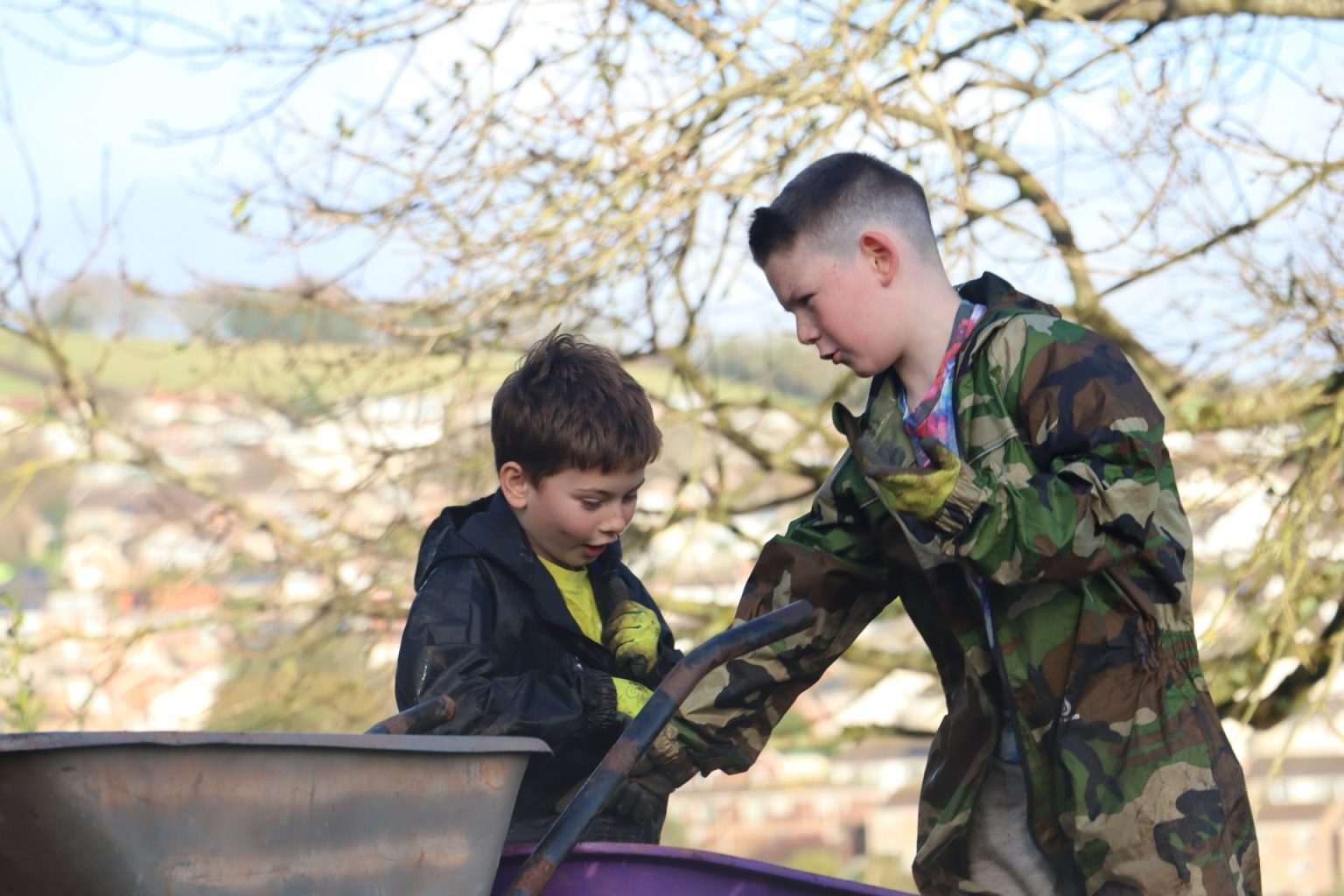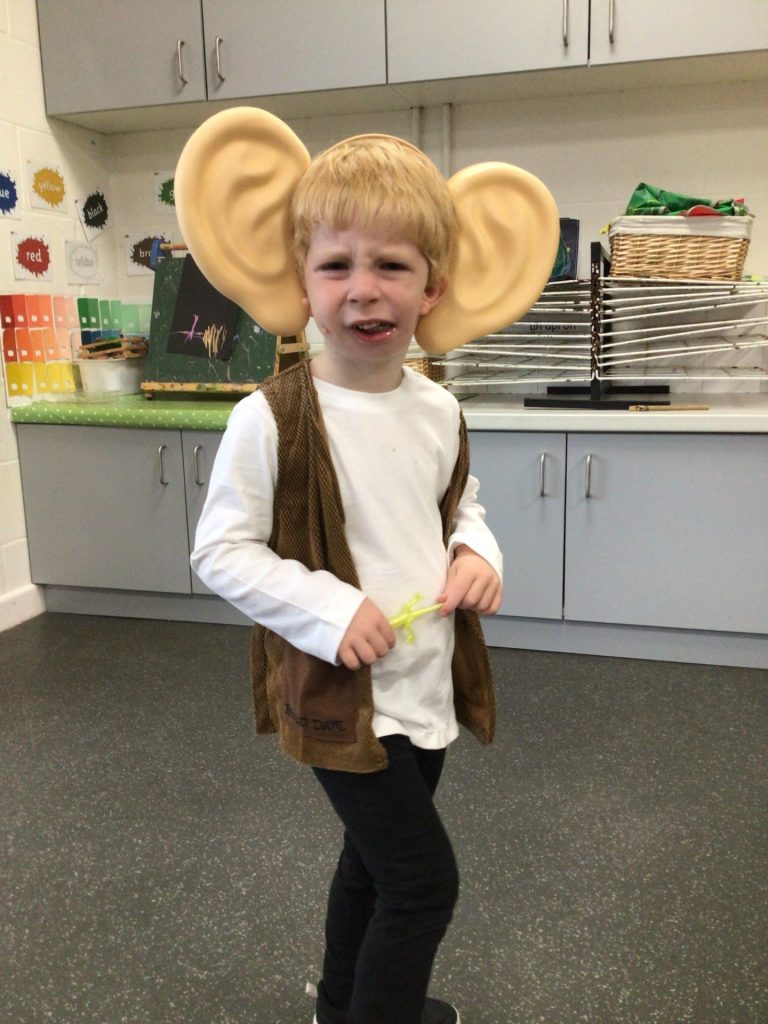Curriculum Intent
At Teignmouth Primary School, we aim to instil in our pupils a love of learning which will support them throughout their lives. These learning behaviours are developed from our Green Behaviours of resilience, independence, curiosity, respect, honesty and responsibility. In designing our foundation curriculum, we have ensured that reading remains at its heart. It is also thread through our foundation subjects in order to enhance the depth of children’s learning. We believe that reading ensures that children are not disadvantaged in an area which can be a barrier when children first pick up our curriculum in EYFS. We know how vital reading is to children accessing the curriculum and not being disadvantaged. From when children first join us, we work closely with the Speech and Language Team to address any concerns and have crafted our EYFS curriculum to accelerate children’s ability to read, breaking down a familiar recurring challenge in speech and language development delay. Our curriculum allows pupils to delve deeper into their learning each year as skills and knowledge grow progressively.
Our foundation curriculum provides exciting thematic topics that allow pupils to have a rich knowledge of the world around them and see clear links between different aspects of their learning. We believe that knowledge and skills go hand in hand. Our planning responds to our assessment data and pupils’ individual learning needs to provide personalised learning. We ensure that children are encouraged to be successful in their individual talents and creativity and are confident individuals who can lead healthy, safe and fulfilled lives. We have designed our curriculum to ensure children’s learning extends beyond the classroom adding to children’s cultural capital and expanding their experiences.
Implementation: how do we carry it out?
We start our half termly topic with a ‘hook’ to engage the children in their learning from the start. Children complete an elicitation task to allow teachers to plan what their class already has a knowledge of. We encourage the children to ask their own questions linked to the topic that we then consider in our planning to further engage them and give them some ownership of their learning. Quest days are planned in each half term to immerse the children in their topic, provide opportunities to dress up and get involved in their learning whilst answering some of the questions they posed themselves.
Subjects are taught discreetly and are linked to themes to allow pupils to develop a deep and rich subject knowledge and learn within a coherent and progressive framework. These themes can be seen on our individual class pages on the website. Each subject has a leader that drives the subject forward and each curriculum area also sits as part of a team of teachers that work together to ensure there is quality teaching and learning happening across the subjects.
We ensure that children understand their role as citizens in school and in their locality (Teignmouth, Britain and beyond). Using the outdoors as a way of learning is fundamental to our teaching and learning which we strive to make as practical as possible.
At the heart of our curriculum is English, Maths and Science and these go hand-in-hand with our wider curriculum, which gives all pupils a chance to flourish. English is taught through quality texts, which can all be found on our website, that link where possible to our topics using cross-curricular links. We follow an adapted version of Read Write Inc. phonics in EYFS and KS1 and then use the VIPERS model (vocabulary, inference, prediction, explanation, retrieval and sequencing/summarizing) for whole class reading from year 2 – year 6. Writing is integrated into the wider curriculum so that pupils have a purpose for writing. The teaching of vocabulary is paramount and is planned in across all curriculum subjects to ensure maximum understanding and extend discussion, debate, reading and the written word.
The Mathematics curriculum prioritises number to give pupils the core skills they need, using the principles from the White Rose framework and an additional focus on arithmetic to meet the needs of our children. We use an elicitation task at the beginning of each unit so that teachers can plan personalised and fluid groupings from this. Maths is a mixture of practical and written tasks and we tailor the White Rose scheme to the needs of pupils.
Through our curriculum, we provide opportunities to share learning with parents and other pupils to bring the children’s learning to life, allowing them to explore their own interests and be themselves. This helps to promote, excite and sustains children’s interest in their topic. We want pupils to have challenge but also enjoyment in their learning. We enrich these experiences further throughout the year through inviting in experts and aspirational figures (such as authors and artists) to deliver assemblies and workshops and through our carefully linked trips which add depth to children’s learning. Home learning projects through Seesaw allow pupils (and parents!) to make or do something related to the topic in a way that they would like it to be presented, giving them ownership and choice. Using the outdoors as a way of learning is fundamental to our teaching and learning which we strive to make as practical as possible.
Pupil voice is highly valued and we regularly take feedback from our School Council on our curriculum and use this as a measure of success and to make changes to keep improving where needed. We quality assure our provision and teaching and learning to measure the impact on pupils’ learning through learning walks, book looks and further pupil voice. We take action where needed, for example such as purchasing additional play equipment to support activity at break time following advice from the School Council.
As well as the above, we provide other enrichment opportunities such as sharing achievements, from both in and out of school, in assemblies, providing opportunities to represent the school through sporting events, opportunities to join a range of clubs and extra-curricular activities and opportunities for residentials and swimming in UKS2. We actively encourage all pupils and track their participation in different activities.
Science is thematic where appropriate and is linked through our stimulating Outdoor Learning curriculum which lends itself to content such as plants, seasons and reversible and irreversible changes. We have had a sustained focus on pupils’ investigative skills and the importance of these in the curriculum. Our new curriculum maps contain a ‘love to investigate’ section through which we pose questions linked to the topics. The children are then helped to design investigations to answer these questions. This helps to build investigative and scientific skills in a cross-curricular way throughout the whole topic. The same scientific and investigative procedures and language are used when science is linked to our Outdoor Learning sessions. This helps the children to see that science is everywhere, not just in the classroom or in a lab. They also see that scientific investigation can help us to answer questions in lots of areas and in lots of ways.
Computing is taught discretely and applied in many areas of the curriculum. E-safety is taught through our computing lessons and also through RSHE. All other National Curriculum subjects are taught through our knowledge and skills-based curriculum that is linked to our topics. PE is taught discretely by a specialist PE teacher. We are part of South Dartmoor School Sport Partnership and the pupils have access to sports festivals, tournaments and links with the secondary site where our School Sports Co-ordinator is based and provides support. This develops their sporting skills and character as they participate in competitions and meet children from across the local learning community.
PSHE is a huge part of our school life and we pride ourselves on our high-quality pastoral support. For PSHE we follow a SCARF curriculum (Safety, Caring, Achievement, Resilience, Friendship). It has a growth-mindset approach and we prioritise our units based on pastoral needs in our school. RE is taught through the Devon Agreed Syllabus. There is a proven link between pupils’ health and well-being and their academic success and so we strive to ensure our pupils are happy and ready to learn which this programme (which has been developed in line with the 2020 RSE adaptions) facilitates us to do.
Our house point system splits pupils into 4 different coloured houses. This encourages and enables houses to work together and promote learning across the school. Each team is led by a different pupil leader to promote student leadership and each point is linked to our rewards system.
Across EYFS, our curriculum incorporates children’s own interests, and topics are developed around these. Reading skills are explicitly taught through RWI and there is a focus on oral rehearsal and enjoyment. Key themes in the Early Learning Goals (ELGs) are addressed in provision areas and focus activities throughout the year depending on the project. An important element to our EYFS curriculum is the time they spend in our Outdoor Learning facility. We’ve mapped the curriculum to enable them to make progress and achieve elements of their ELGs while exploring this stimulating and enriching environment.
Impact
We evaluate the impact of our curriculum for children in several ways:
- Quality assurance processes and actions taken to review the curriculum continuously such as observations, book looks/Seesaw looks
- The sharing of best practice across the MAT
- Pupil voice
- Parent feedback
Here at Teignmouth Primary School we provide a broad and balanced curriculum that offers outstanding learning opportunities for children.
Our curriculum is a creative and thematic approach to learning that is mapped to the 2014 primary National Curriculum to ensure comprehensive coverage of national expectations. It is delivered through imaginative and knowledge rich topics, which provide a rich menu of exciting and motivating learning activities that make creative links between all aspects of children’s learning. We believe children learn better when they are encouraged to use their imagination and apply their learning to engaging contexts. Our curriculum provides many learning challenges throughout the academic year that require children to solve problems, apply themselves creatively and express their knowledge and understanding effectively. We provide a rigorous skills and knowledge framework that outlines the end of year expectations in all subjects. These skills and knowledge are tied to activities and are age-related so that teachers can track children’s progress and identify their individual learning needs.
For further information regarding our curriculum, please email info@teignmouthschool.co.uk

